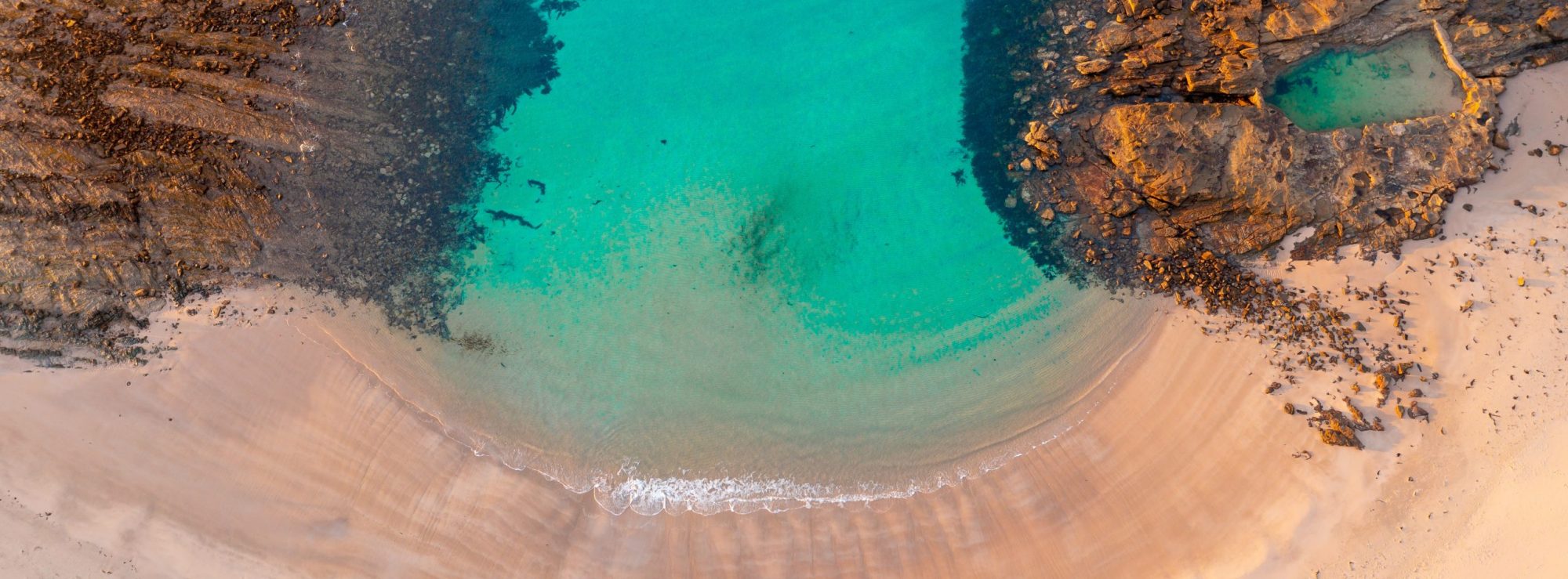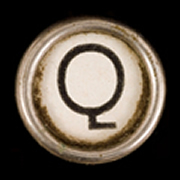The reflection that follows was written in September 2013. It was the weeks that followed the Underwater Hockey World Championships and the disappointment was still raw.
I’d imagined a different ending. Twelve months have been spent training for this tournament and now it’s over. It’s over and my imaginings have been exposed. In my version of events it was my teammates and I who hold the World Championship cup aloft. Instead, we are two rungs down with bronze medals hanging heavy on our necks.
Fifteen teams travelled to Hungary to compete in the Elite Men’s division of the Underwater Hockey World Championships. Some would argue that finishing in the medals is a good result. In time, perhaps I will come to see it that way. I’ll appreciate having had the opportunity to travel across the globe to represent my country. I’ll reminisce about that quaint little Hungarian town, Eger. I’ll remember laughing and joking with mates. But right here, right now, those thoughts are a long way off. We arrived as defending champions. We leave as footnote to a French victory. The jubilation on the faces of the French players is confronting. They are deserving winners but my guts churn with disappointment and envy.
Their celebrations continue and I try to pinpoint where it went wrong. Our preparation was excellent. My Australian teammates and I arrived more than a week before the start of the competition. The first days were spent getting over jet lag. Our training sessions allowed us to get a feel for the speed of the bottom and to gain touch on the puck. We ran drills and practiced set plays.
By the time the other teams began to arrive we were well settled. In the world of amateur sport, Underwater Hockey is about as niche as it gets. Invented by a group of English dive enthusiasts in the 1950’s it is only played by about 10,000 people but it wasn’t long before the streets of Eger were filled with Underwater junkies from across the globe. South Africans, Colombians, Canadians, Portuguese and many more, all draped in their national colours.
The competition ran nine days. Teams were divided into two seeded groups for the round robin. We were drawn in the tougher group and faced the two strongest teams – France and New Zealand – in the early stages.
We started sluggishly. Australia’s geographic isolation limits the opportunity for international match play. Having players spread across the country also means that we don’t get together often. Like all amateur sports, money is always a major consideration and it’s hard to justify paying for more than one training camp prior to a competition. It disadvantages us against countries where teams train and play together on a weekly basis.
The first two days provided mixed results, after four games we had two wins, a draw and a loss. We started to build momentum after that and finished the round robin sitting third in our group with a guaranteed finals berth.
Individually, I was happy with my performance to that point. There are always things you can improve on but I was in good physical shape, hadn’t spent any time in the bin and wasn’t getting pulled for fouling. My performance had been pretty consistent.
We won our quarterfinal game against Colombia 5-1 and booked a semi-final appointment with our long-time rival France. That was when things turned went bad. I felt the beginnings of a head cold and by the next morning I couldn’t get to the bottom of the warm-up pool without feeling like my sinuses would implode. My tournament was over.
Teams can field a squad of twelve in international tournaments but only ten play each game – six in the water and four substitutes – which means two players sit out. Our backline was full of experienced players so I may well have been sitting out the semi-final anyway but it didn’t make it any easier. For the first time in my career I wasn’t in the best ten for an important game.
I stood on the periphery while the team worked through our warm-up. When the semi-final started I found myself standing awkwardly by the side of the pool. I was vocal but powerless. The boys gave it a real shake. They played well but never quite got the upper hand. Two disallowed goals in the first half proved costly and the full time buzzer sounded with both teams tied at a goal apiece. That meant ten minutes of extra time. We applied sustained pressure to the attacking tray in the early stages but a referee call saw one of our boys sent to the bin for two minutes. Playing a man down, we defended grimly but the French eventually bullied the puck into the tray. They shut the game down and in the blink of an eye the final buzzer sounded. We lost 1-2. The realisation hit, our dream of back-to-back World Championships was over. A searing hollowness flooded into my guts.
Everyone was pretty flat but the boys picked themselves up to deliver their best performance on the final day. Our team peaked at exactly the right time but the bitter irony was that we did so in the wrong game. Not having done enough to get into the final meant we served our best to Great Britain in the bronze medal playoff. We constantly had numbers on the bottom and each play was executed with ruthless efficiency. Given how well they played, I reckon the boys could have beaten any opposition. The game ended in a 7-1 rout.
It was a lack of focus that cost us. We lost sight of the basics, didn’t swim enough to stretch the opposition, our effort was inconsistent and we didn’t string enough phases of play together. We assumed that we could just resume from two years earlier when we defeated South Africa 6-1 in the World Championships final held in Portugal. That assumption was our downfall.
I wrote the passages above in the firm belief that I had played my last Elite tournament. We had trained so hard, swum so much, and it hadn’t been enough. I couldn’t imagine putting myself through that again. Fast forward two years and I read over my thoughts with a different perspective. I have come to appreciate the things I thought I would: travelling, competing, and spending time with mates. The next Underwater Hockey World Championships will be held in Stellenbosch, South Africa in March next year. I have started training. I’m still unsure whether the fire burns bright enough but I have begun to imagine being there. I’ve started imagining holding that World Championship aloft, celebrating with my mates.

